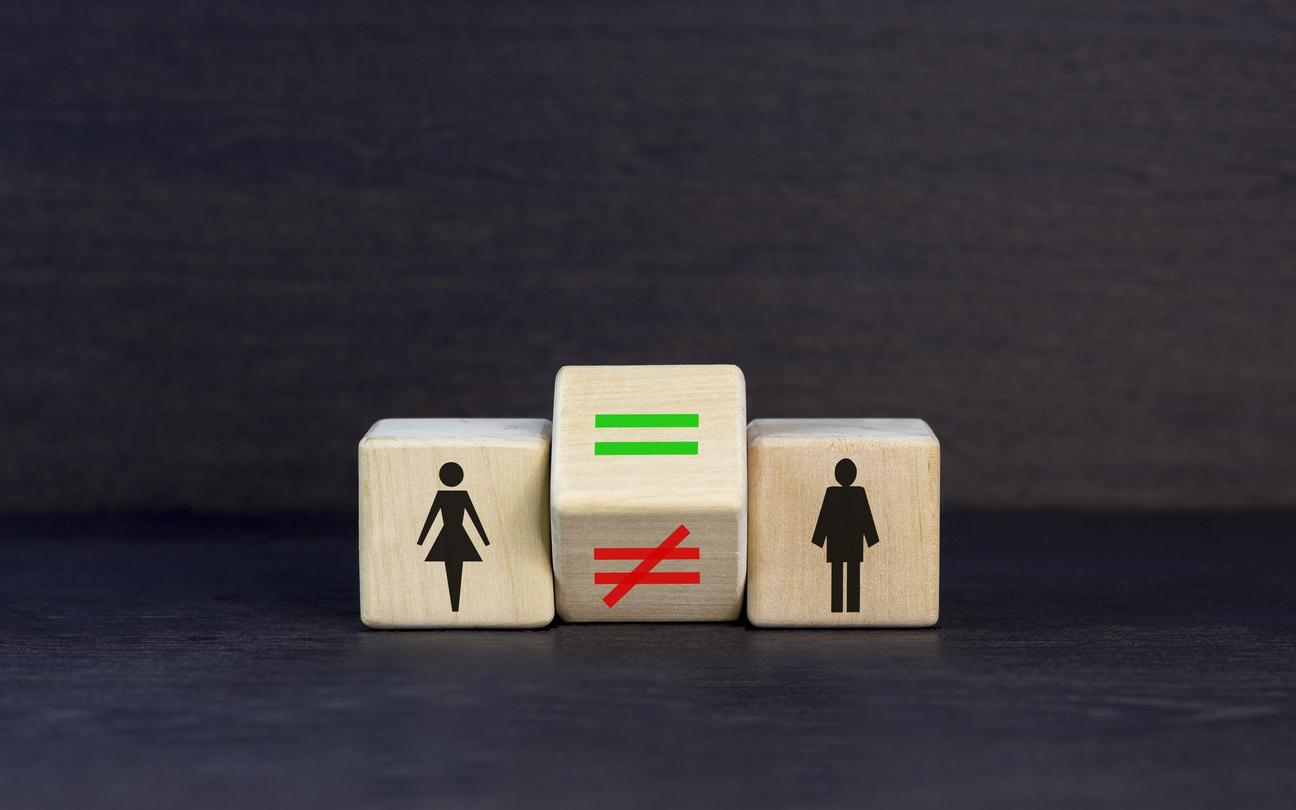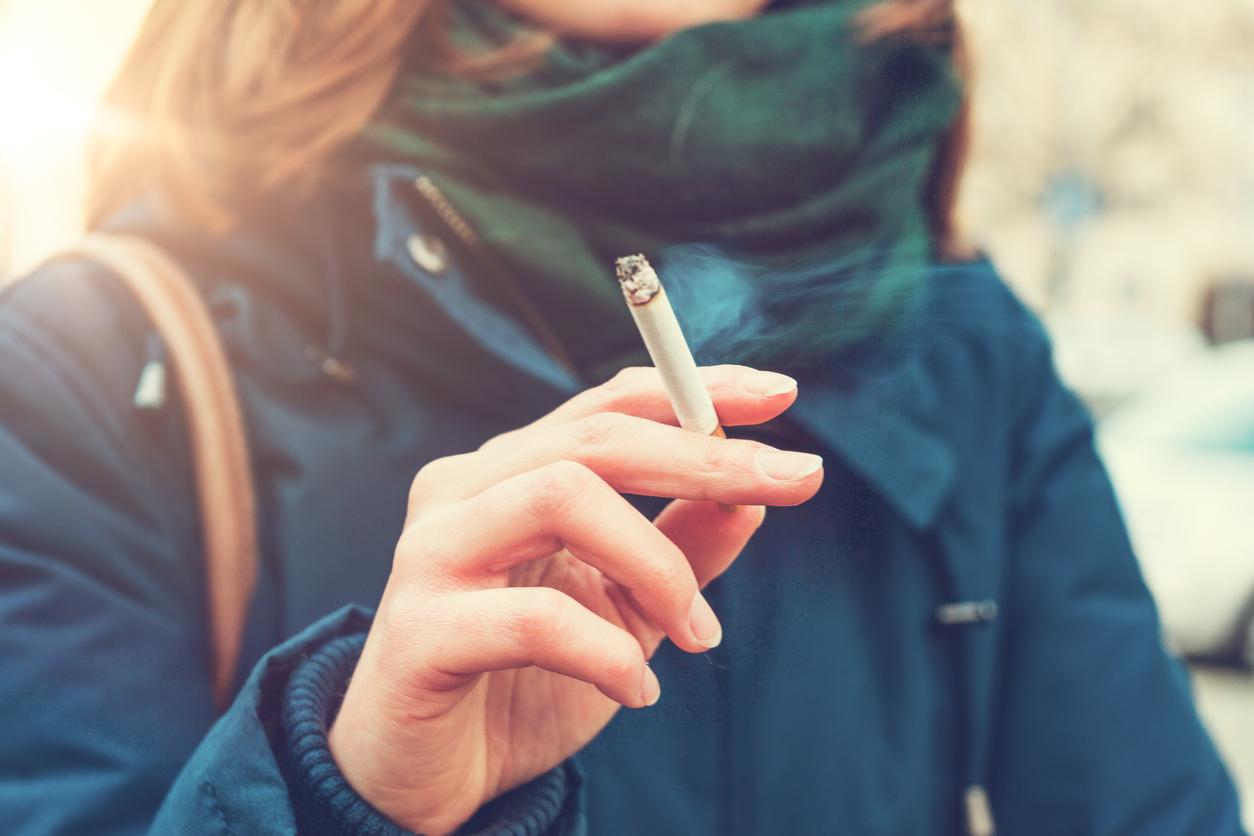Isolation, straitjacket and restraint. the General Controller of places of deprivation of liberty(CGLPL) denounced these extreme practices in a report published on May 25, 2016. This authority’s mission is to ensure respect for the fundamental rights of hospitalized people, sometimes without their consent. Over the past eight years, the CGLPL has visited 121 mental health establishments, or nearly 40% of the 284 establishments listed in France. And the finding is clear since “the vast majority of care units visited have one or even two isolation rooms and restraint equipment“like ties, ties or straitjackets, reports the CGLPL.”While their therapeutic efficacy has not been formally proven, the practices of seclusion or restraint have experienced an upsurge in the last twenty years.“, also denounces the report. In question: a reduction in the number of nursing staff, a change in the training of professionals but also a lack of general reflection on the freedom of movement of patients.
An infringement of the fundamental rights of patients
Seclusion and physical restraint are usually used to cope with a crisis situation, for a limited time. However, the CGLPL notes that there is no link between the patient’s clinical condition and recourse to these measures. Some centers even automatically place patients in an isolation room upon arrival or as a disciplinary sanction. “These systematic practices are incompatible with an approach that respects rights, the necessary proportionality of measures restricting freedom and the individualization of care.“, denounces the CGLPL. Contentions and isolation therefore infringe the right to medical care, the right to security, the right to privacy, the right to receive visits but also the right to respect for dignity, which are all part of the fundamental rights of patients.
Reduce boredom and stress in mental health facilities
Faced with this observation, and having collected testimonials from patients stressing “the traumatic effect and the negative memory they keep [de ces mesures]”, the CGLPL has issued a list of recommendations. First point: any measure of restraint or isolation must be clinically justified through a psychiatric medical examination, time-limited and must guarantee at best the respect of the rights of the patients. The decisions of seclusion or restraint must also “Be documented in the patient’s file“and entered in a register. The CGLPL also recommends better training of nursing staff on these subjects. Finally, to improve the daily lives of patients in mental health units, and limit the use of extreme measures isolation and restraint, the CGLPL proposes that the establishments set up therapeutic and occupational activities “to reduce boredom and tension“.
In September 2015, a collective of psychiatrists had already denounced the traumatic and all too frequent nature of restraints.
>> To read also:
Hospital: your 7 essential rights you absolutely must know
Hospital stay: give your opinion!
Suspicion of mistreatment by employees in a psychiatric hospital in the Vosges
Well-being: 1 in 4 French people have already consulted a shrink
















